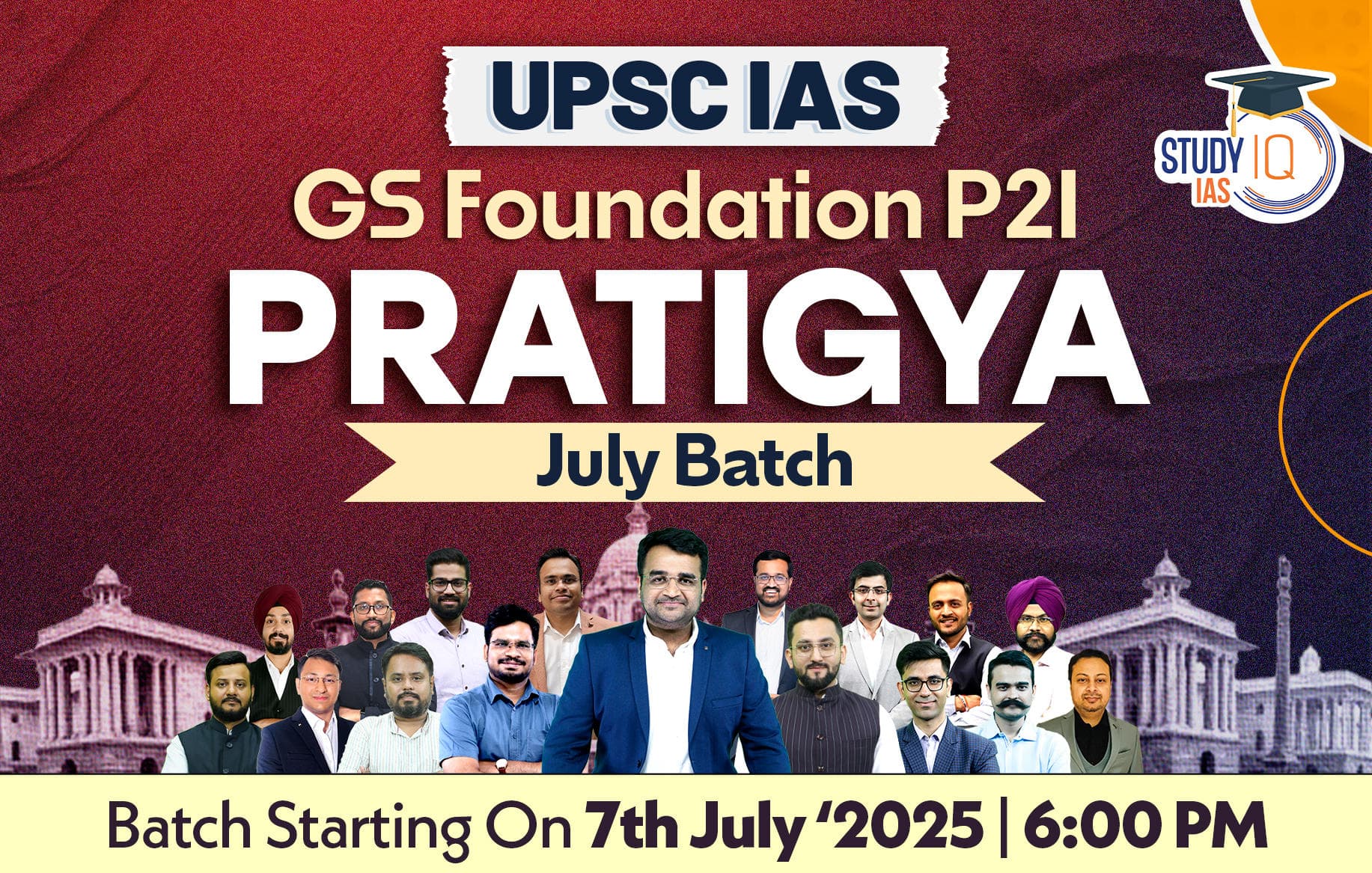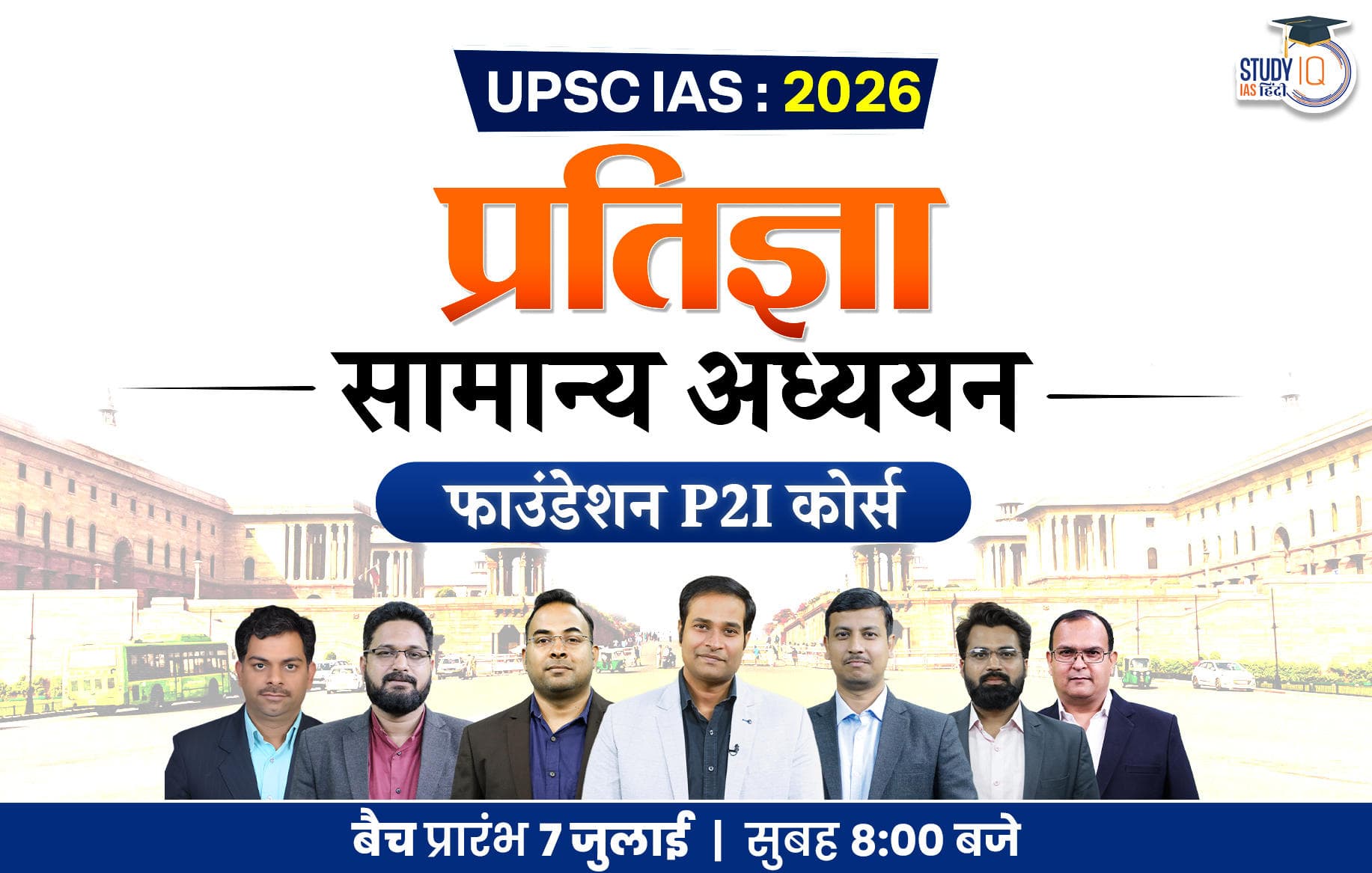Table of Contents
Introduction:
- You can start your answer with the Meaning of Intellectual Property right
- You can put India’s Position in global IPR filing
Present Scenario of IPR in Life Materials
The global landscape of Intellectual Property Rights (IPR) in life materials is complex, shaped by legal, ethical, and economic considerations. Life materials, such as biological resources (plants, animals, and genetic materials), are protected under varying legal frameworks globally.
- Developed Nations: Countries like the U.S. and EU allow patents on genetically modified organisms (GMOs) and biotechnological innovations.
- Global Agreements: The TRIPS Agreement under the WTO requires members to protect plant varieties, while the Nagoya Protocol seeks to ensure fair sharing of benefits from genetic resources.
- Ethical Concerns: There are ongoing debates on biopiracy, environmental harm, and whether life forms should be patented, as seen in controversies over companies patenting seeds in Brazil and India.
India’s Position
India, the second-largest patent filer, especially in biotechnology and agriculture, faces challenges in commercializing patents.
| The Indian government successfully challenged a US patent on turmeric in 1998, winning the battle to protect the traditional knowledge of the plant |
Reasons for Less Commercialization
- Weak Industry-Academia Linkages: Innovations in Indian research institutes like CSIR often don’t reach the market due to poor industry partnerships.
- Inadequate Infrastructure: India’s biotech sector lacks the infrastructure needed to scale patented innovations, unlike the U.S. or Germany.
- Funding Gaps: Limited venture capital for life sciences startups restricts commercialization. In contrast, U.S. biotech startups receive significantly higher funding.
- Regulatory Hurdles: Long approval times, particularly in pharmaceuticals, delay patent commercialization. India’s DCGI approval process is often cited as slow.
- High Costs: The costs of bringing a patent to market, including clinical trials for biotech products, are prohibitively high for smaller companies.
- Low Market Demand: Innovations like GM seeds often face resistance, as seen in the Bt brinjal controversy in India.
- Lack of Awareness: Many researchers lack knowledge about patent commercialization, and technology transfer offices are limited in Indian universities.
- Few Incentives: Without proper incentives for industries to invest in high-risk technologies, commercialization remains low.
India’s Step
- KAPILA (Kalam Programme for IP Literacy and Awareness) : Focuses on raising awareness among students and faculty about the importance of IP filing, its processes, and legal frameworks in India and globally.
- International Membership: WTO Membership, WIPO Membership
- Legal Provisions for Intellectual Property Rights
- Indian Patents Act (1970):
- Design Act (2000):
- Trademarks Act (1999, amended in 2010)
- Geographical Indications of Goods (Registration and Protection) Act (1999):
- Cell for IPR Promotion and Management (CIPAM)
- National IPR Policy 2016
Conclusion
India needs stronger industry-academia collaboration, better infrastructure, increased funding, and streamlined regulations to enhance patent commercialization and fully leverage its innovation potential.

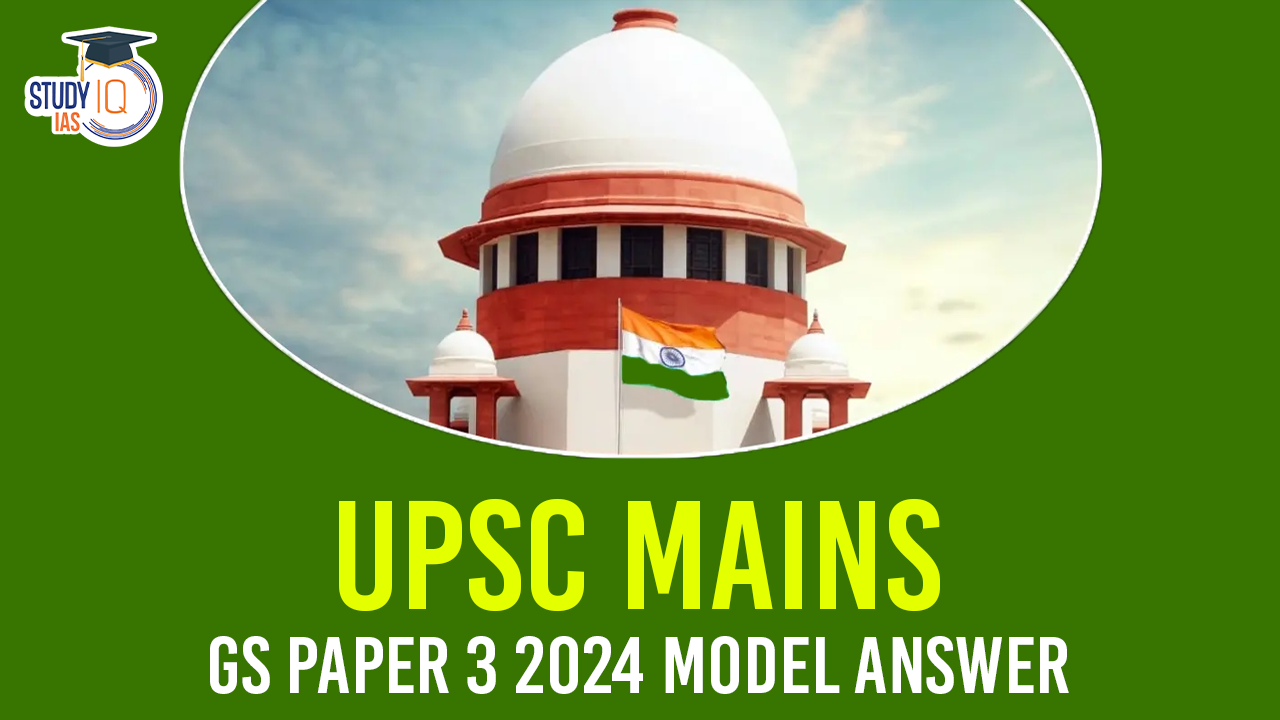
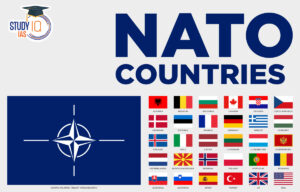 NATO Countries List 2025, Members, Funct...
NATO Countries List 2025, Members, Funct...
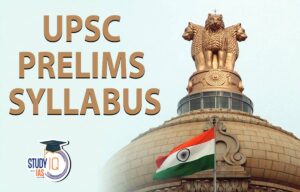 UPSC Prelims Syllabus 2025 PDF, Check Su...
UPSC Prelims Syllabus 2025 PDF, Check Su...
 UPSC Toppers 2024 Felicitation Program b...
UPSC Toppers 2024 Felicitation Program b...

